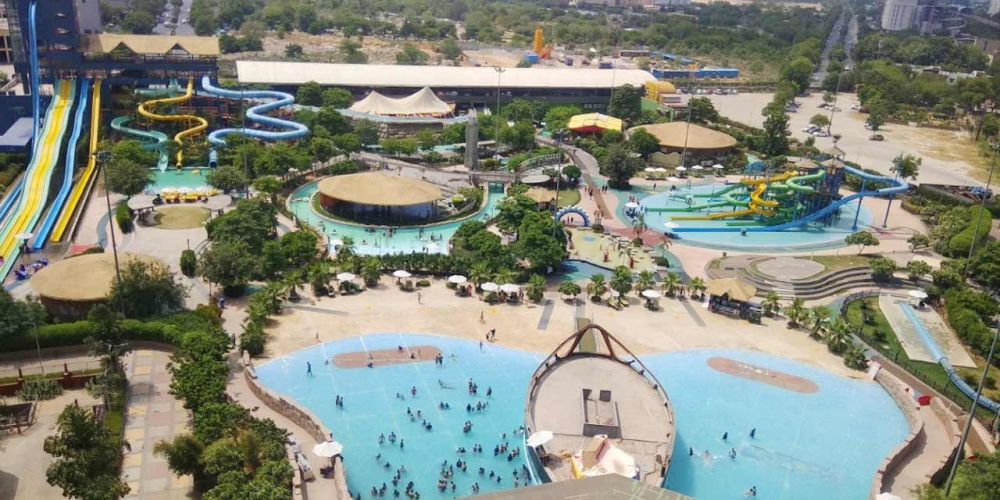

Appu Ghar, often referred to as Oysters Beach Water Park in recent times, has a storied place in the annals of Indian amusement tourism. Its journey began in 1984 in Delhi, marking the country's first-ever amusement park. Named after the mascot for the 1982 Asian Games - Appu the Elephant, the park heralded a new era in Indian leisure and entertainment.
Originally established in the capital city of New Delhi, Appu Ghar quickly became a beloved spot for family outings and joyous school trips. With a wide array of rides that ranged from thrilling to relaxed, it catered to all age groups and preferences. Over the years, Appu Ghar expanded its footprint, incorporating innovative attractions and state-of-the-art facilities to remain a popular destination for tourists and locals alike.
After a successful run of nearly three decades, the Delhi chapter of Appu Ghar came to a close due to the expiration of its lease. Nevertheless, the legacy continued with the park relocating to the bustling city of Gurugram (formerly Gurgaon) in Haryana, India. This reincarnation under the name of 'Oysters Beach Water Park' is built upon the enduring charm and nostalgia of the original park but infused with modern amenities and cutting-edge rides.
As a pioneer in the field, Appu Ghar laid the groundwork for theme park tourism in India. The park's innovative approach to integrating entertainment with a flavor of Indian culture set a precedent that has been emulated by numerous other parks across the country. The success of Appu Ghar revealed the latent potential in this segment of tourism, highlighting the demand for quality amusement and theme parks in India.
The latest trends in the tourism industry point towards a growing preference for experiential and themed entertainment. Appu Ghar's evolution to Oysters Beach Water Park aligns perfectly with this, offering a scintillating mix of rides, water-based attractions, and live events. With the increase in disposable income and a growing middle class, places like Appu Ghar are seeing a surge in attendance, with people seeking short-term getaways that offer a break from the normal routine.
Environmental sustainability has also become a significant concern, and parks are now focusing on green initiatives and responsible tourism practices. Appu Ghar is expected to keep up with this trend, ensuring that eco-friendly measures become a part of its growth strategy. Moreover, the integration of technology — such as virtual reality experiences — is on the horizon, with Appu Ghar possibly incorporating these advancements to enhance visitor experiences.
Appu Ghar's transition to Oysters Beach Water Park signifies more than a mere change of location or name; it represents the evolution of the amusement park industry in India. It stands as a testament to the growing sophistication and diversification of tourism offerings in the country. As tourists continue to seek out new and exciting experiences, Appu Ghar's legacy as a harbinger of joy and innovation in Indian amusement tourism seems poised to endure for many years to come.